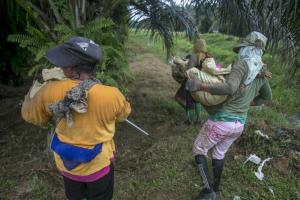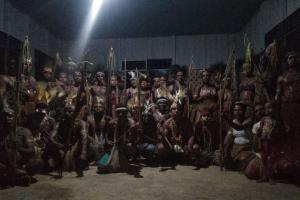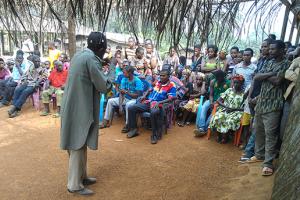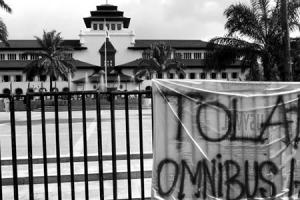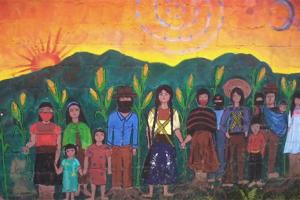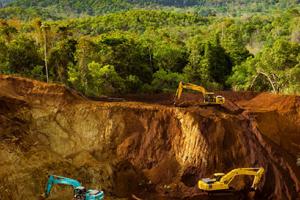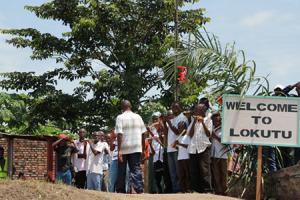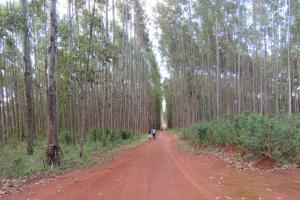Can the inclusion of gender-specific policies in the operations of oil palm companies and the RSPO certification scheme do more than cover up the violence and structural patriarchy and racism inherent in the plantation model? How, in such context, do these gender policies unfold?
International Day of Struggle Against Monoculture Tree Plantations 2021
Bulletin articles
9 March 2021
The Korindo Group cleared Kinggo’s Indigenous People’s forests for its industrial oil palm plantations. Petrus Kinggo and other community leaders were persuaded to give up customary forest land with misleading and false promises. Now they are fighting against the FSC-certified Korindo. (Available in Indonesian).
Bulletin articles
9 March 2021
Communities in West and Central Africa are facing the impacts of industrial oil palm plantations. With the false promise of bringing ‘development’, corporations, backed up with government support, have been granted millions of hectares of land for this expansion.
Bulletin articles
14 January 2021
Patriarchal oppression is inseparable from the industrial plantation model, and it is at the base of how companies generate profits. Companies target women, including due to their fundamental role in community life.
Bulletin articles
14 January 2021
Land grabbing in Brazil is a clear example of organized crime, of land theft from small farmers.
Bulletin articles
14 January 2021
The government of Indonesia endorsed the criticized Omnibus Law by saying that it is “crucial to attract investment and ultimately create jobs.” The Law is a direct attack on the territories and communities resisting the increasing destruction that has been ongoing for decades in Indonesia. (Available in Indonesian).
Bulletin articles
14 January 2021
The RSPO certification scheme used the palm oil industry’s legitimacy crisis to strengthen the terrain to the industry’s own advantage by issuing certificates that supposedly guarantee sustainability standards. Standards that are run by and for companies related to the palm oil sector.
Bulletin articles
17 November 2020
WRM spoke with close allies from Brazil, Gabon, India, Mexico and Mozambique, to hear from them and learn about their understandings of development.
Bulletin articles
17 November 2020
Why haven't Africa's post-colonial governments dismantled the colonial plantation model of exploitation and extraction, returned the lands to their people and emboldened a resurgence of Africa's diverse, local food and farming systems?
Bulletin articles
17 November 2020
How does REDD+ fit into the development agenda in Indonesia? What are the actors involved in promoting REDD+ and with which interests? (Available in Indonesian).
Bulletin articles
17 November 2020
European development banks have financed a plantation company in DRC that is built on injustice and violence dating back to a colonial-era land grab. When the company went bankrupt in 2020, the banks chose to uphold the plantation model.
Bulletin articles
17 November 2020
In June 2019, a report from the AfDB and WWF Kenya made a call to development-funding agencies, mainly from Europe, and the World Bank, to provide aid money to a new Fund for financing 100,000 hectares of (new) industrial tree plantations, to support the potential development of 500,000 hectares, in Eastern and Southern Africa.
